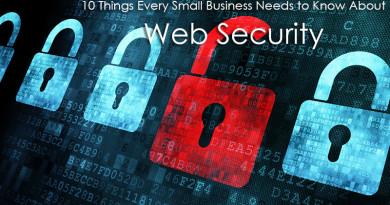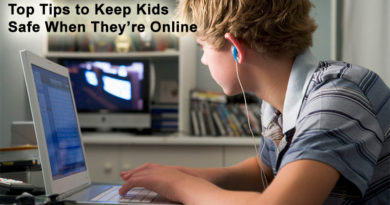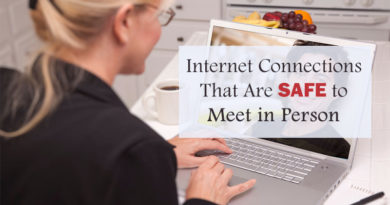3 Simple Security Steps To Take When Using Public Wi-Fi
It’s been getting increasingly easy to find and connect to public Wi-Fi networks when you’re out and about. However, as public networks, these are inherently less secure than your private one at home. As you don’t know who is operating these networks and who is connecting to them, it is essential to take extra security measures to keep your data safe from prying eyes.

Know the provider
The best way to stay protected on public networks would be to avoid them altogether. No public network is ever fully secure, so it’s best to limit the number of public Wi-Fi hotspots you connect to. If you are in your home country, and you can use your mobile data, it’s always safer to use your phone as a mobile hotspot before signing in to a public network. By downloading movies, videos, games, eBooks, etc. at home, you can reduce the need for a Wi-Fi connection when you’re out and about. However, this is obviously not always an option and sometimes using a Wi-Fi hotspot is just too convenient. If you do need to connect, limit the number of hotspots you sign in to and always prioritize known providers.
Public hotspots at renowned coffee houses and shops, for instance, are more likely to be safe. As one of the world’s biggest coffee chains, Starbucks has outlets around the globe. When visiting any of the coolest stores from around the world, you can sip on your cappuccino while connected to their public hotspots. As it’s a well-known brand and the company running the hotspot is already making money from you, these Wi-Fi networks are usually less suspect and more secure. Meanwhile, hotspots provided by unknown companies or providers which randomly pop up at a mall or city center should be avoided.
Only connect to HTTPS
You should keep this in mind whenever you are online, but it’s especially important when connected to a public network: only use websites whose URL starts with HTTPS and avoid any platforms that only have the unencrypted HTTP connection. The ‘S’ at the end indicates that the website encrypts any traffic between you and the host, making it harder for third parties to gain access to your data. When you’re using one of the best web browsers on the market, such as Google Chrome or Opera, you will be warned before opening an unencrypted site. By labeling these sites as “Not Secure”, it’s easy to spot any unsafe sites that are not using the safe SSL protocol to keep your data encrypted. While accessing these websites always bears a risk, opening these on public networks makes it relatively easy for others on the same network or the network provider to snoop on your data.
Use a VPN
The best way to protect your data online is by using a VPN (Virtual Private Network). This will route your connection through a private tunnel via a remote server and automatically encrypt any data that gets sent to and from your device. This makes it harder for anyone who might be on the same network and whoever is operating the hotspot to see what you are doing online. A VPN can prove especially handy when you are traveling abroad and unable to use your mobile data. It won’t just increase your level of security online and keep your identity hidden, it will also let you access any content which may not be available at your travel destination.
By routing your connection through a server, you can spoof your location and access your favorite websites unrestricted. This is especially helpful if you want to watch something on your usual streaming services, such as Netflix, BBC iPlayer, etc. which aren’t available globally, or if you’re trying to play games on online platforms. If you’re in a region where certain gaming sites are blocked, you can use a VPN to still freely access some of the best online casinos, which have been rated by experts for players from the region. By connecting through a VPN, the website host will assume you’re in a different location, so you can access any of the games and services you normally use safely. With that, a VPN can be a real lifesaver when you’re on a public Wi-Fi hotspot during your travels abroad.
The best way to keep your data safe would be to avoid using public networks altogether. But if you do need to connect, make sure to take these simple steps to maximize your internet security.



